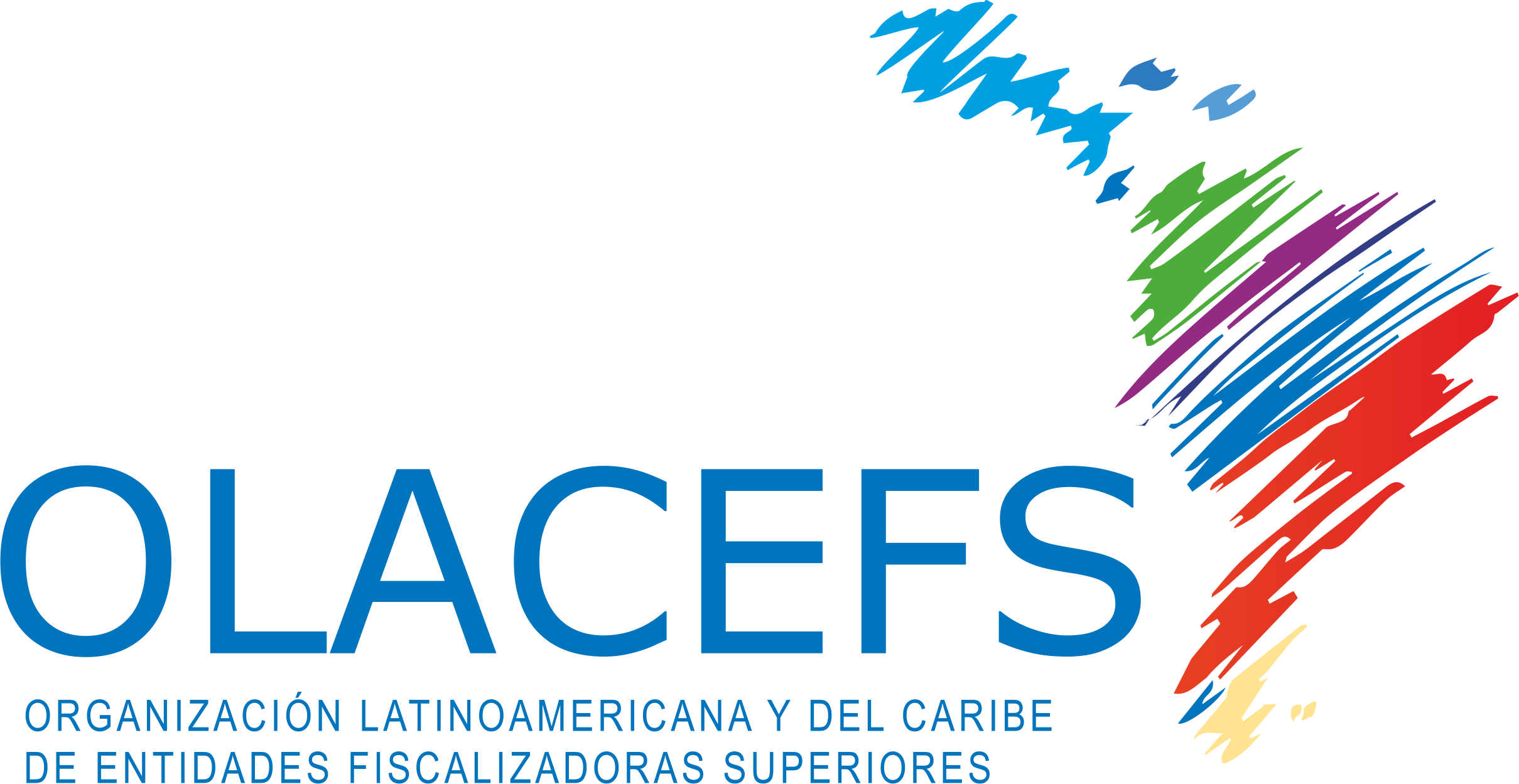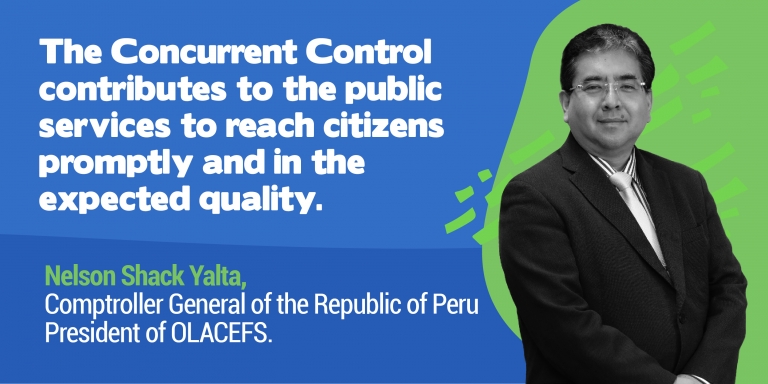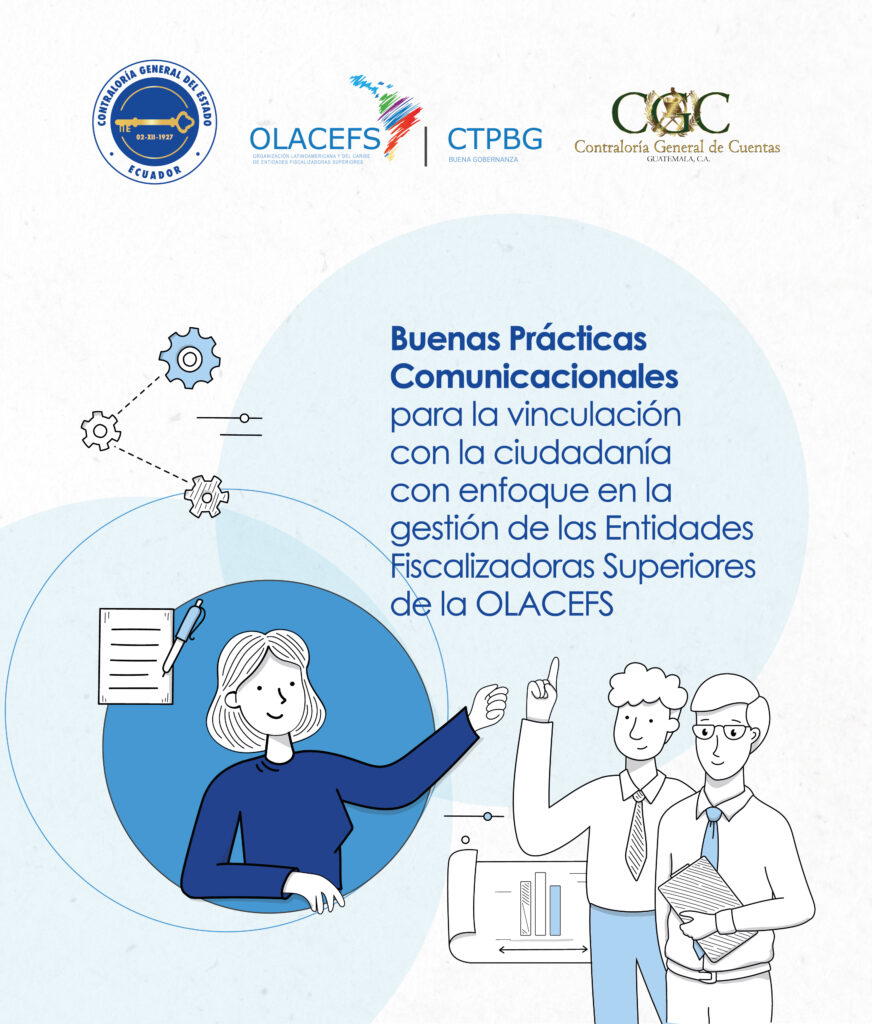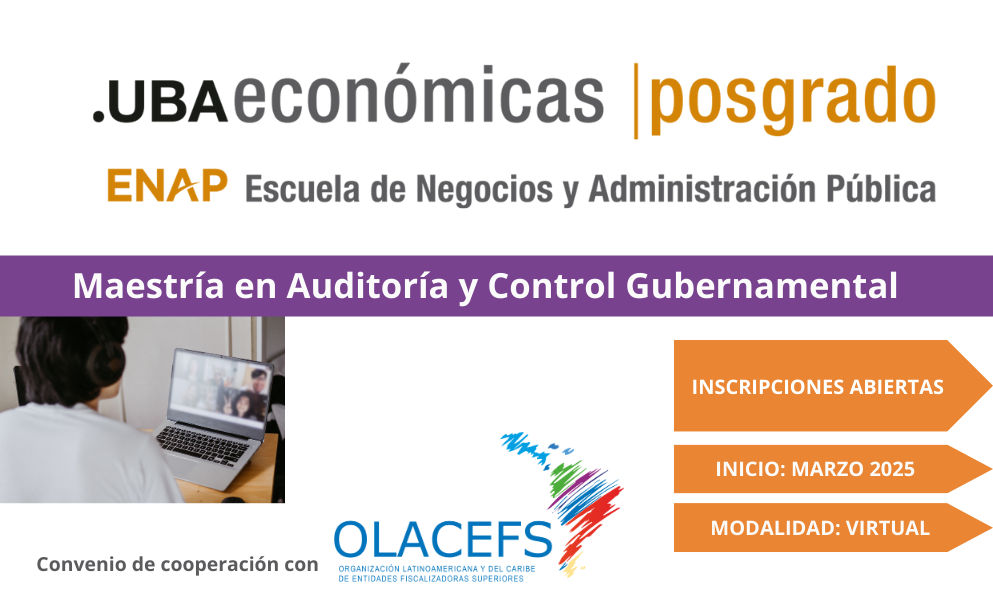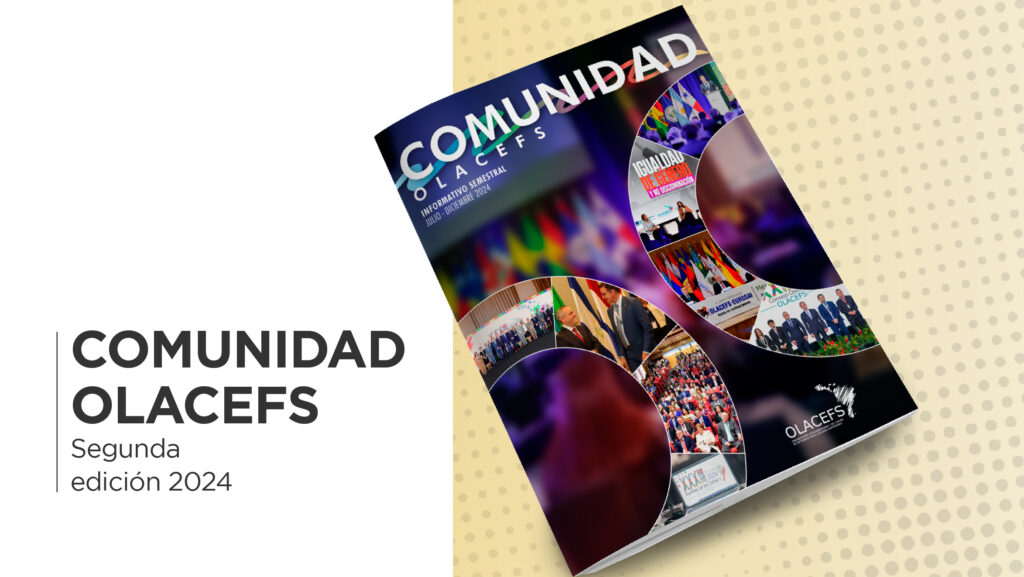Nelson Shack Yalta
Comptroller General of the Republic of Peru
President of OLACEFS
The coronavirus disease pandemic (Covid-19) countries are currently suffering from has resulted in new approaches and immediate actions by public institutions, as well as Supreme Audit Institutions. The following article will explain the Concurrent Control applied by the Office of the Comptroller General of the Republic of Peru and its main results in contributing to the adequate use of public resources, emphasizing, as a priority, the assurance of a rapid response by the State for the benefit of citizens and opportunities for improvement in public management.
It should be noted that Concurrent Control in Peru was approved by law in 2017 and, since then, its intervention has been expanding to cover more projects that use public funds; therefore, experience shows us that its benefits are significant.
The Office of the Comptroller General of the Republic of Peru (CGR), in the context of the Covid-19 pandemic and as a priority in the face of the new situation that devastated the country, created the Emergency Management Group, which designed a strategy of comprehensive control of the resources that Government has put in place to finance the containment and economic reactivation measures that exceed 79 billion soles (about 23 billion dollars). The strategy is called “Mega Operative Health Emergency Control 2020,” which includes the national deployment of more than 1600 auditors from different specialties and visits to more than 1400 public entities.
To ensure timely, preventive, proactive and purposeful control, the CGR, in addition to the intensive use of technologies, laid the foundations for the creation of a regulatory framework for concurrent control in the event of an emergency. In this way, coordination was quickly carried out with the Executive and Legislative Branch, exposing the need to apply this type of control in the national emergency. Thus, the Congress of the Republic adopted Law No. 31,016. From this measure, Concurrent Control actions were initiated during the health emergency for Covid-19.
With the appropriate legal framework and planning, the Supreme Audit Institution of Peru has applied Concurrent Control in the context of the pandemic. The purpose of this type of control is to ensure that public entities (and citizens in general) are aware of adverse situations previously identified by specialized teams and apply corrective measures in a timely manner to ensure the proper execution of contracts for goods and services in a health emergency.
Potential risk situations are identified through milestones, where control is crucial to make timely recommendations, and this is done through the implementation of a systematic and multidisciplinary accompaniment process by CGR personnel in order for the public entity to take corrective measures. As a result, Concurrent Control provides support and assistance to public institutions and public officials. Furthermore, this type of control includes a component of transparency and communication to the population regarding decisions, and risks and aspects to be improved in the different public interventions.
As of June 19, 2020, the CGR has issued 5940 control reports regarding Simultaneous Control in the framework of the health emergency, of which, 2381 correspond to Concurrent Control. These reports were made in the 25 regions, 196 provinces and 1553 districts of Peru. All reports are disseminated on the CGR’s IT platform, constituting an important input for the population and public opinion regarding decisions, and risks and aspects to be improved in the different interventions.
The application of Concurrent Control has allowed for the improvement of the processes of purchase and distribution of baskets with essential goods and supplies for the poorest people; the use of adequate equipment and adaptation of spaces in hospital centers; that a regulation is generated in the supply centers; that work is done on the planning of prevention and control of covid-19 for the workers of public entities; that a better process of disinfection of public transport is carried out, contributing, in general, to the improvement of services for the citizens and to the mitigation of the effects caused by the pandemic, among others.
Finally, it is important to note that the creation of the “Monitoring of Control and Transparency ” platform corresponds to the control strategy of COVID-19, which has four objectives focused on “contributing to the strengthening of the response capacity of the health services,” supporting the mitigation of the effects of isolation and social immobilization measures,” helping to implement measures to contain the health emergency,” and “contributing to the implementation of economic reactivation measures.”

For more information, visit: https://emergenciasanitaria.controloria.gob.pe/
About the author
Mr. Shack Yalta holds a Master’s Degree in Management and Public Policy from the Universidad de Chile and a degree in Economics from the Universidad del Pacífico. He has worked as General Director of Economic and Social Affairs for the Peruvian Ministry of Economy and Finance, National Director of the State Budget of Peru, and as Director of the Banco de la Nación. He was also coordinator of the Project for the Improvement of Justice Services in Peru, a modernization project of the Justice Administration that was carried out with the technical and financial support of the World Bank.
In addition, Mr. Shack Yalta is an experienced international consultant, having carried out work for the Inter-American Development Bank, the World Bank, the Delegation of the European Commission, and the Economic Commission for Latin America, in more than a dozen countries in the region (including Argentina, Bolivia, Colombia, Costa Rica, Dominican Republic, Ecuador, El Salvador, Guatemala, Honduras, Mexico, Nicaragua, Panama, Paraguay and Uruguay). His consulting expertise includes the following areas: program budgets and results, multiannual programming, participatory budgeting, strategic planning, investment scheduling, public acquisitions, performance audits and developing Public Expenditure and Financial Accountability (PEFA) and Public Expenditure Quality Analysis Studies in the security and justice fields.
Mr. Shack Yalta has been a member of the Advisory Board of the Presidency of Peru’s Judicial Branch and President of the Invierte Peru National Association (ANIP) – a non-profit association that brings together professionals to analyze, reflect, and take action to manage and share knowledge on the management of public investment and its relationship with planning, budgeting and public procurement systems.
Mr. Shack Yalta has been Comptroller General of the Republic of Peru as of July 20th, 2017.
